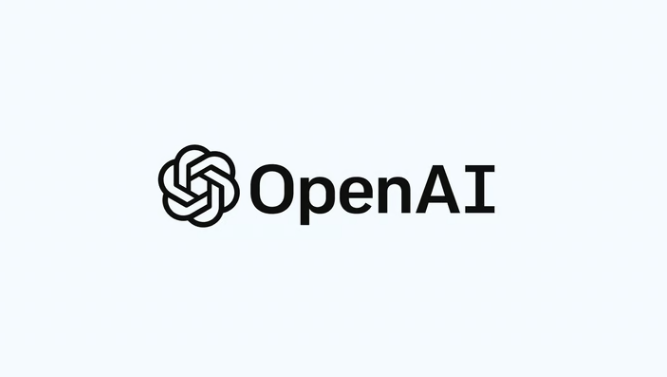
The concept of a Singularity in AI is a topic that has captured the attention of many researchers, thinkers, and futurists. It refers to the hypothetical point in time where artificial intelligence surpasses human intelligence, leading to a rapid acceleration in technological progress and potentially transforming human society in profound ways. While the idea of a Singularity in AI is often discussed and debated, the question of when it will occur remains a subject of speculation rather than scientific consensus.
One of the primary challenges in predicting the timeline of a Singularity in AI is that we do not yet fully understand how intelligence works, either in humans or in machines. Although AI has made remarkable progress in recent years, current AI systems are still limited in their ability to perform certain types of tasks that humans find easy, such as common sense reasoning or understanding natural language. Moreover, there is no consensus on what exactly it means for an AI system to surpass human intelligence, as intelligence is a complex and multifaceted concept that encompasses many different abilities and skills.
That being said, there are several factors that could influence the timeline of a Singularity in AI. One of these is the pace of technological progress itself. In recent years, the development of AI has accelerated rapidly, driven in part by the availability of large amounts of data and powerful computing resources. Some experts predict that this pace of progress will continue, leading to increasingly sophisticated AI systems that approach and potentially surpass human intelligence within the next few decades.
Another factor that could impact the timeline of a Singularity in AI is the availability of funding and resources for AI research. As AI becomes more important to a wider range of industries and applications, there is likely to be increasing investment in the development of AI technologies. This could accelerate progress in the field and potentially bring a Singularity closer to reality.
However, there are also several challenges and obstacles that could delay the development of a Singularity in AI. One of these is the problem of “AI alignment,” which refers to the challenge of designing AI systems that are aligned with human values and goals. If AI systems are developed in a way that does not align with human interests, they could pose a significant risk to human society. To address this challenge, researchers are exploring ways to ensure that AI systems are designed and trained in a way that is safe, transparent, and aligned with human values.
Another potential challenge is the problem of computational limitations. While current AI systems are powerful, they are still limited by the available computing resources. To achieve human-level intelligence, AI systems may require orders of magnitude more computing power than is currently available. While there are ongoing efforts to develop more powerful computing technologies, it remains unclear whether these will be sufficient to achieve a Singularity in the near future.
Ultimately, the question of when a Singularity in AI will occur remains open and subject to ongoing debate and speculation. While there are many factors that could influence the timeline of a Singularity, there are also many uncertainties and unknowns that make it difficult to make accurate predictions. Regardless of when or if a Singularity occurs, however, it is clear that AI will continue to play an increasingly important role in our lives and society in the years to come.



コメント